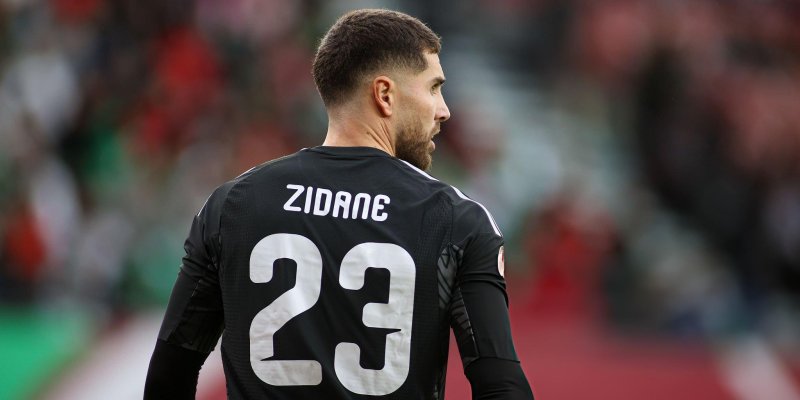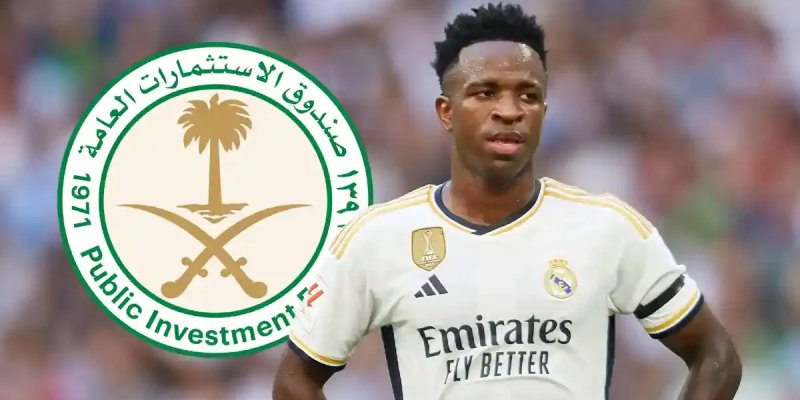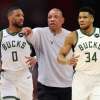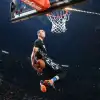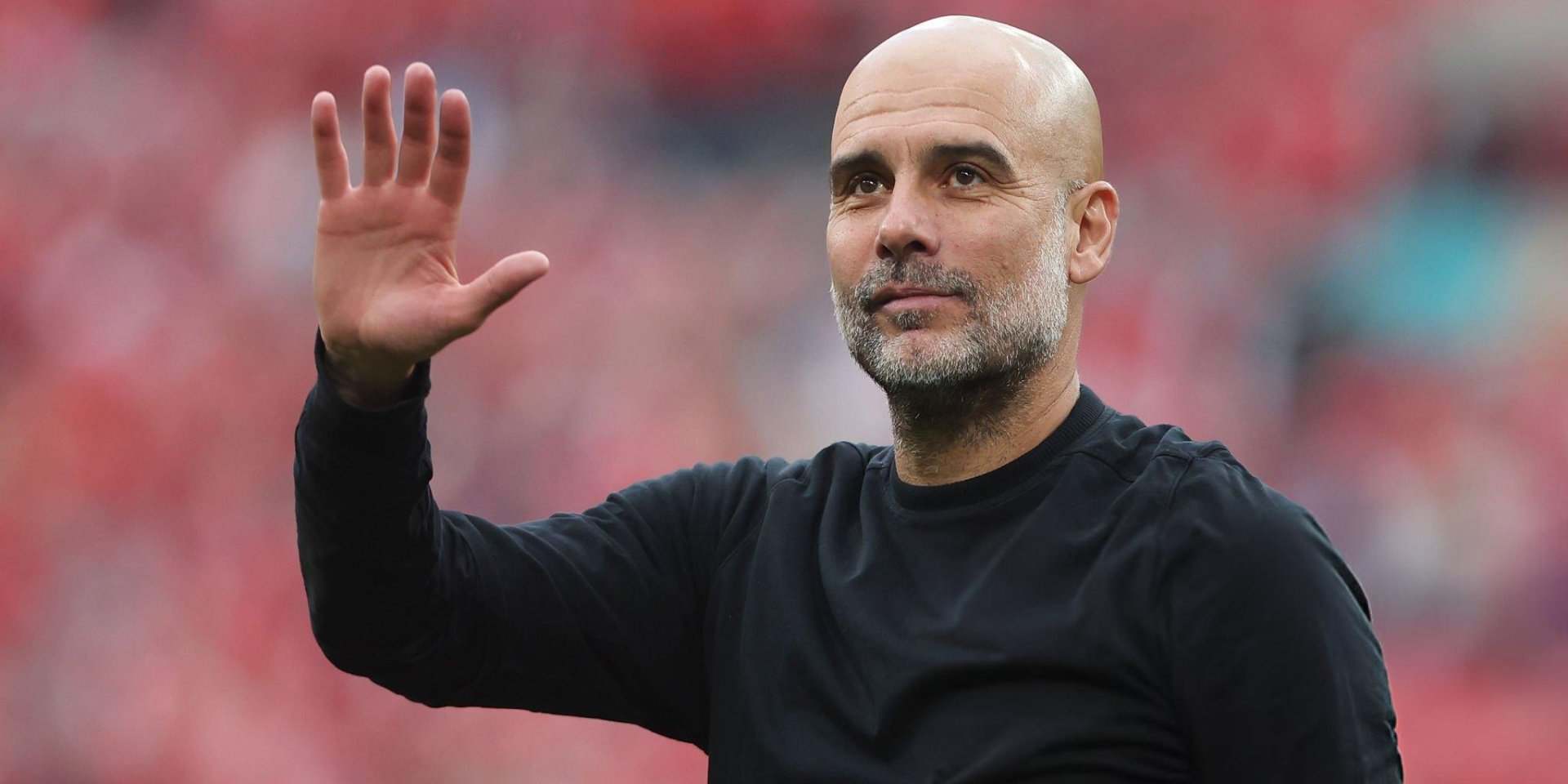
When a man wins almost everything imaginable, he is often viewed as ironclad. Pep Guardiola shatters that myth with cold-blooded honesty: in a wide-ranging interview he admits his fatigue, worries about his health, outlines plans for life away from the touchline and even jokes about his new moustache. We have gathered the key moments of this candid talk—as if you were sitting nearby, watching one of modern football’s greatest coaches shed his armour and speak unfiltered.
“I’m Seventy-Five Right Now”: Candid on Physical Burnout
— Pep, you’d look perfect if you hadn’t said you felt like a retiree.
— That’s the plain truth. I wake up and everything aches: my back reminds me of an old disc protrusion, my legs of the thousands of kilometres paced along the touchline. Run an objective test and the numbers would read younger, yet subjectively my body writes “75” in the passport. During the season there is no time to listen to your own body: every Sunday — a new battle, every session — a tactical chess match that wears you down. “I’m used to the fact that football doesn’t wait,” he admits, “but right now I have to listen to myself, otherwise one day the batteries will simply run flat.”
Monarka: A Longevity Clinic as Personal Mission
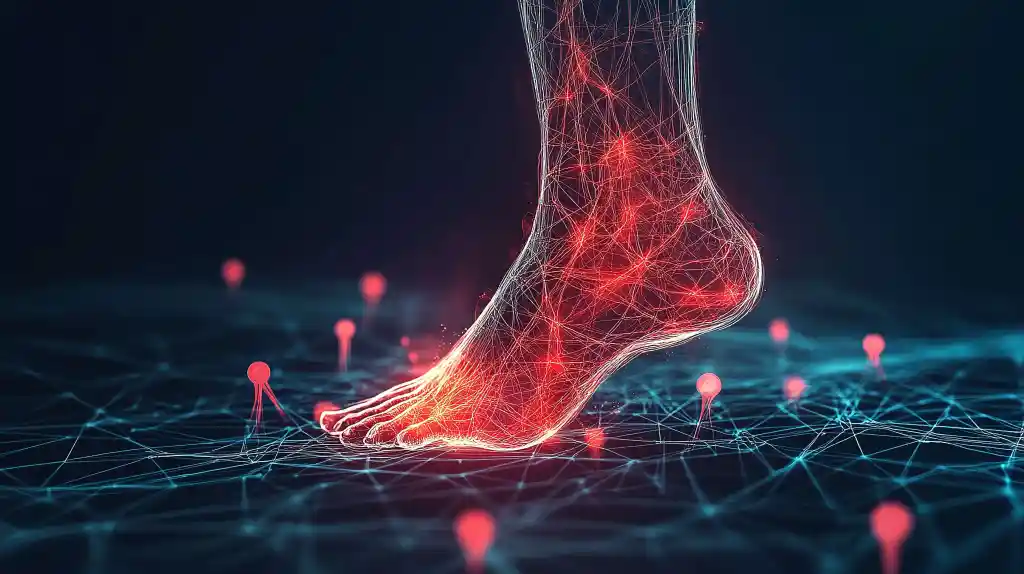
It is no surprise that one of Guardiola’s main new ventures is linked to medicine. In Barcelona he launched Monarka — a regenerative-therapy centre — together with Thiago Alcántara. Somewhere between the physiotherapy suite and the cell-technology lab the City manager found his own front line: “The bulk of taxes should go to schools and hospitals. That’s the foundation,” he insists. Pep recalls his own back troubles and explains: by investing in medicine he contributes not only to sport. “I’m not a doctor and never will be, but I can connect the right people, create conditions and simply stay out of the professionals’ way to let them work wonders.”
A Pause That Can’t Be Postponed: Why a Coach Needs a Freeze-Frame
His contract with Manchester City is nearing its end and Guardiola sounds resolute: “After this chapter I’ll hit pause. Full stop.” For how long? “One, two, five years — I’ve no idea.” His grandfather used to say: “Look at me the way a cow looks at a passing train.” That is exactly what Pep wants — to stand still, watch the world race by and not try to catch every carriage. He reminds us that he never actually planned a coaching career, let alone stints in Germany and England. “Sometimes the best plan is no plan,” the Catalan smiles.
Return to Barcelona: A Door That Won’t Reopen
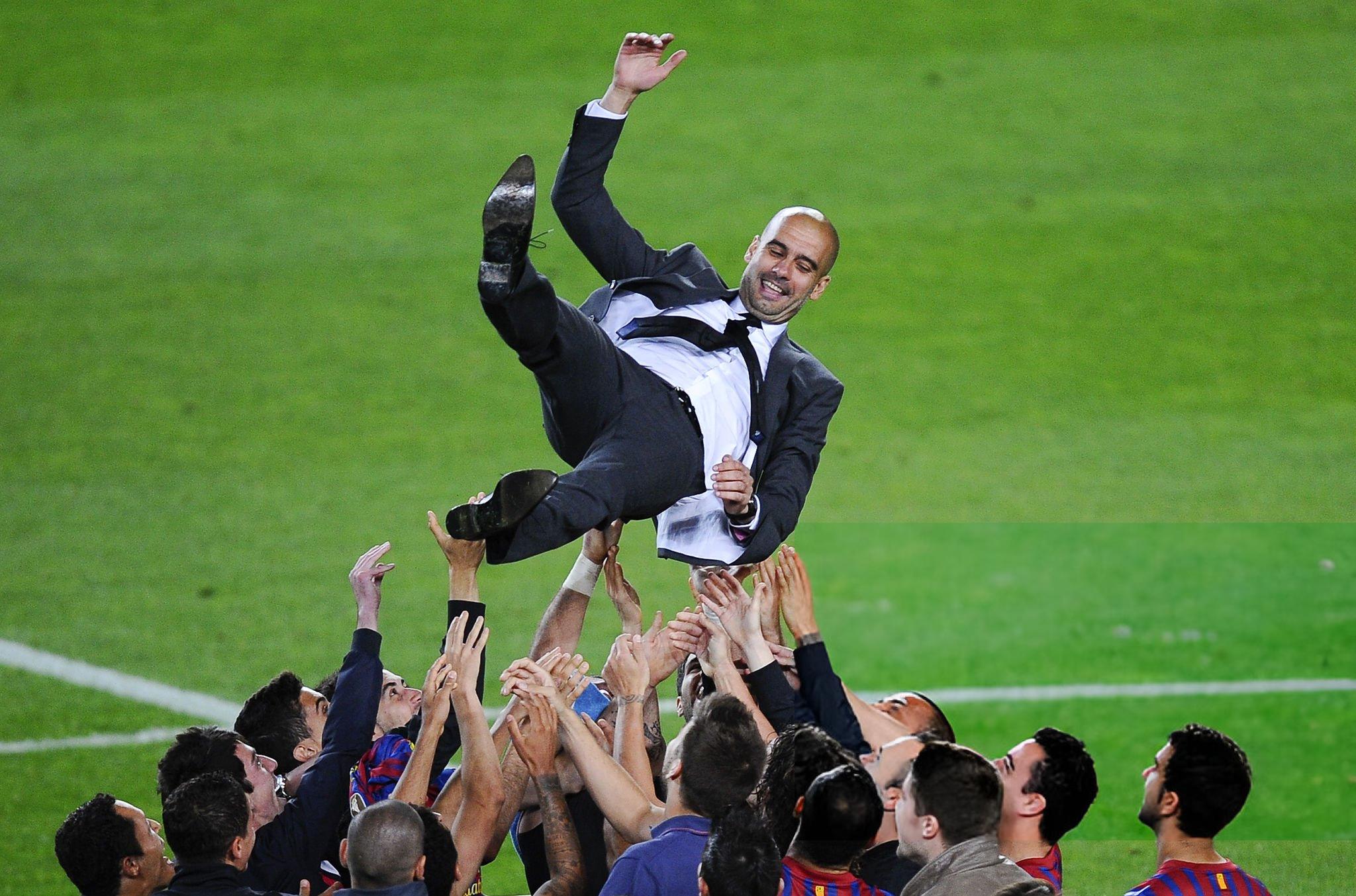
Rumours of a new Guardiola cycle at Barça live a life of their own, yet the man himself cuts them off. “That story is over forever. It was wonderful, thank you, but that’s it.” He no longer sees himself as coach or president. The only thing he is willing to discuss is the brilliance of young Lamine Yamal. Comparisons with Messi? “When the boy has played fifteen seasons at the top we can talk. But the mere fact people put him next to Leo already means a lot. It’s like instantly comparing a painter to Van Gogh,” Pep nods lightly, reminding us that time will sort everything out.
Lessons of Defeat: Why Guardiola Is Grateful for Failure
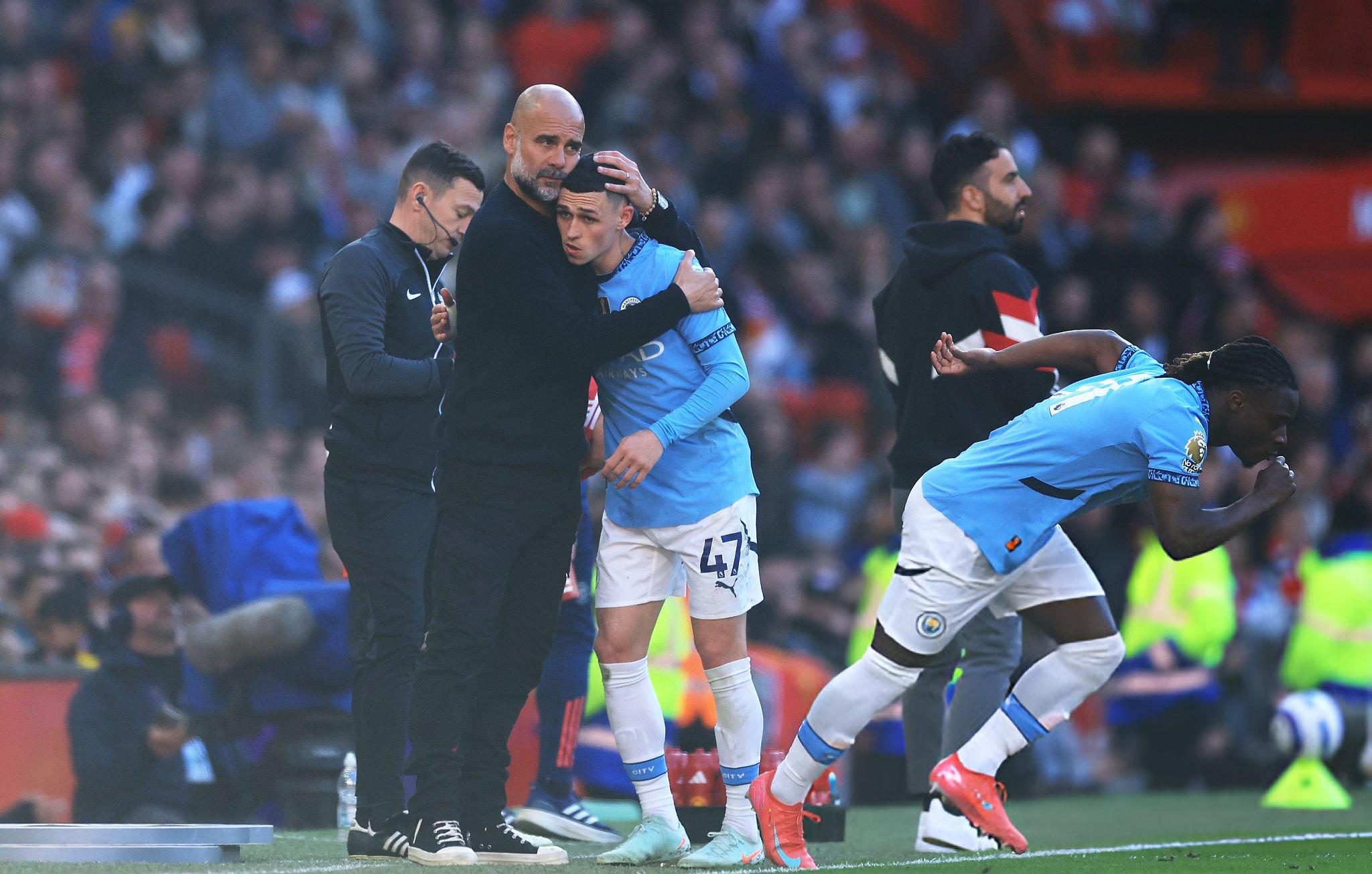
“Yes, I’m upset. So what?” — he answers his own question. In an era of perfect pictures and relentless social-media fury, the coach admits he loves failure. Without it you can’t grasp the value of victory, and negative energy acts like an extra shot of caffeine. “Last season nothing went smoothly. The result was below expectations — great, that means we’ll work even harder. The next league campaign is a new attempt.” He rejects the label “loser” and cites his inner dialogue with critics: “You want to judge me? Good luck. I’ll try again.”
Pep’s Three States: Euphoria, Depression and Absence
A close friend once summed up Guardiola’s essence: he swings between three poles. The rise — when the team plays perfect football and beats a rival via a twenty-pass combination. The fall — when the same plan collapses and the coach feels as if he scored an own goal. And finally emptiness — a state in which there are no emotions at all and he is like a spectator at his own matches. “My task is to stay somewhere in the middle,” Pep explains, “otherwise you’re flung either into an ocean of joy or a chasm of doubt, and no sound analysis is possible.”
“People Are Waiting for Me to Fail” — On Pressure and Skepticism
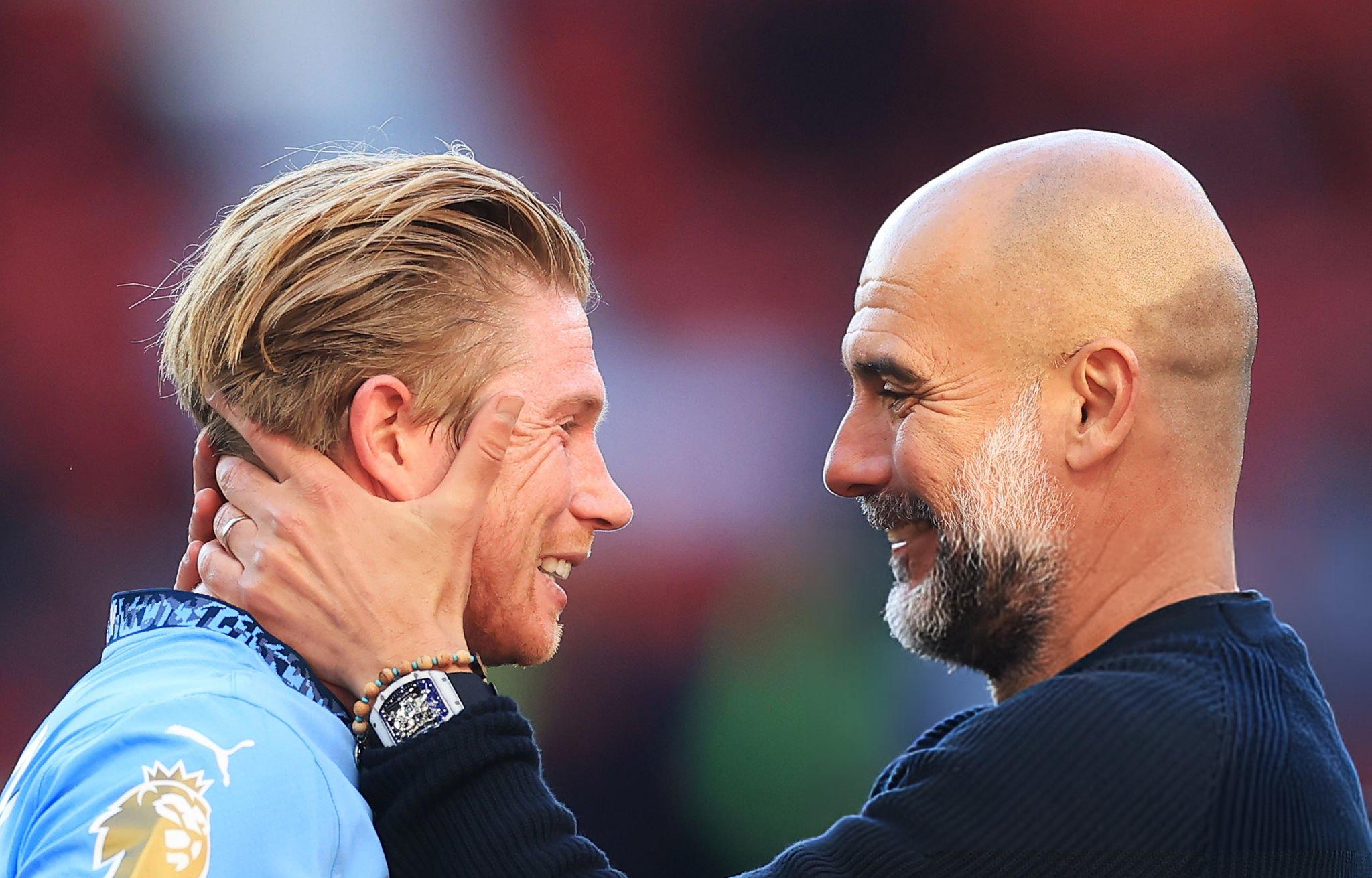
Guardiola knows the industry’s laws: the higher you climb, the louder the applause, yet the fall is dizzying. “In Germany they said I was an ordinary coach without Barça. In England they warned: your football won’t work in the Premier League. Okay, let’s see.” He gives a simple example: a club that truly flops in England finishes in the second dozen. “We had difficulties, but we stayed in the title fight. Is that a catastrophe?” — a rhetorical question followed by the chuckle of someone accustomed to other people’s doubt.
The Greats Lose Too: Stats and Parallels with Jordan
To explain his philosophy Pep invokes icons of American sport: Michael Jordan and Tiger Woods. “They’re the greatest, yet their win percentage is lower than it looks. Over their careers they lost more tournaments than they won.” Football follows the same rule: you can’t lift every trophy. Guardiola counts: in sixteen league campaigns his teams have won thirteen times. “Yes, we missed three titles. Feel the drama?” he smiles. And he adds at once: “At the starting line there are always rivals just as hungry for success. Sport is beautiful precisely because it promises no one eternal triumph.”
Edges of the Future: Family, Books and Long Walks
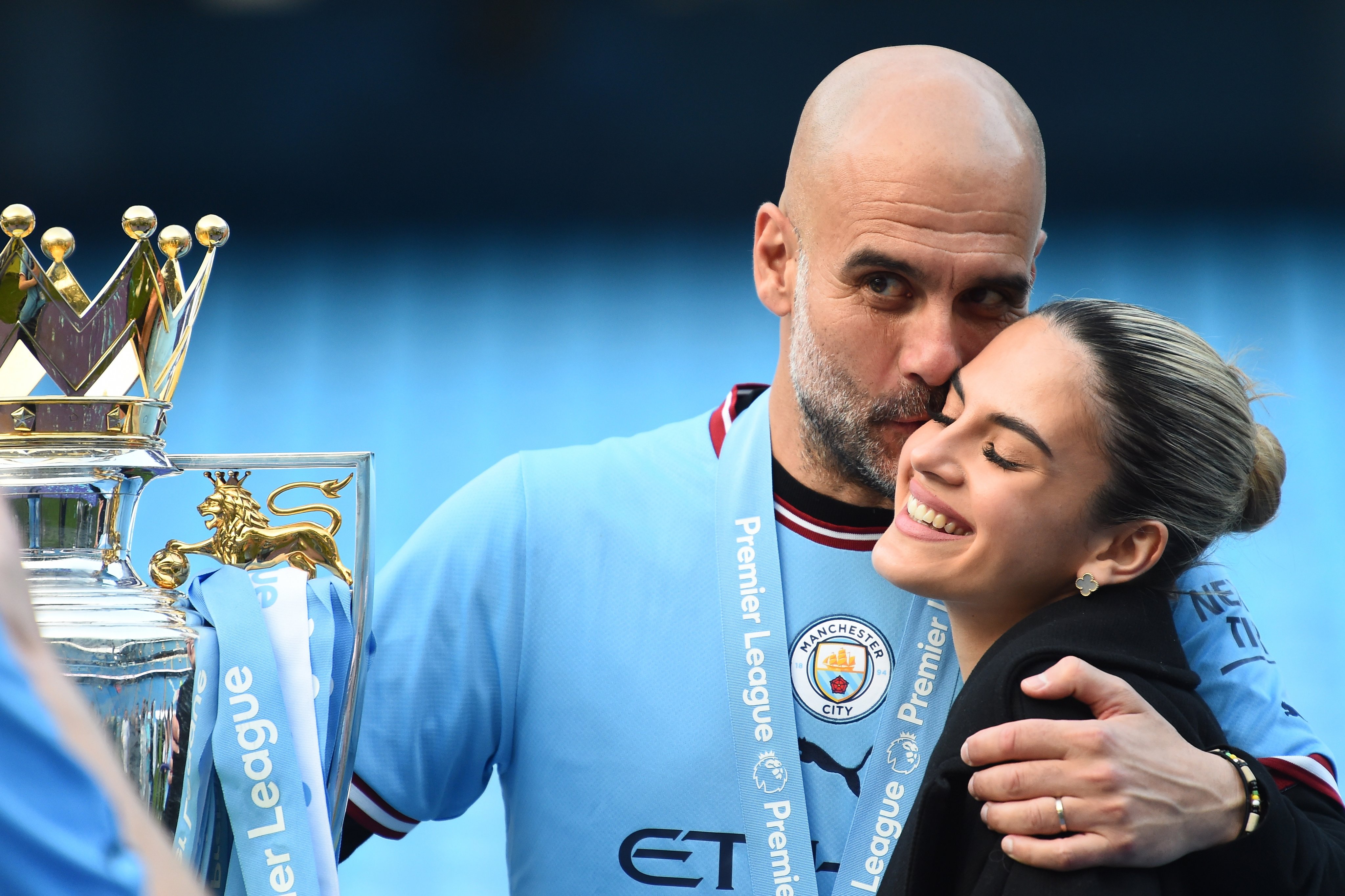
Asked “What will you do in the first days after leaving the club?” Pep answers without hesitation: “I’ll wake up with no alarm, take the kids to school, grab the dog and go for a walk. Then — a long lunch with friends, a few pages of a good book, a visit to my parents.” The scenario sounds ordinary and is attractive for that very reason. Guardiola is sure: life doesn’t have to roar like the Etihad stands all the time. “I built my career on the idea of control: controlling the ball, the space, the emotions. It’s time to release the wheel for a while.”
Conclusion: A Pause Isn’t the End
Wrapping up, Guardiola emphasizes that a pause does not mean the story is over. Football is the language he speaks most freely, and one day, when his body recovers and his head clears of tactical noise, he will surely return to the dialogue. “But first I need to learn to be a spectator again,” admits one of European football’s hardest workers. Who knows—maybe this very pause will become the most important move of the great chess master on the green board of the pitch.

